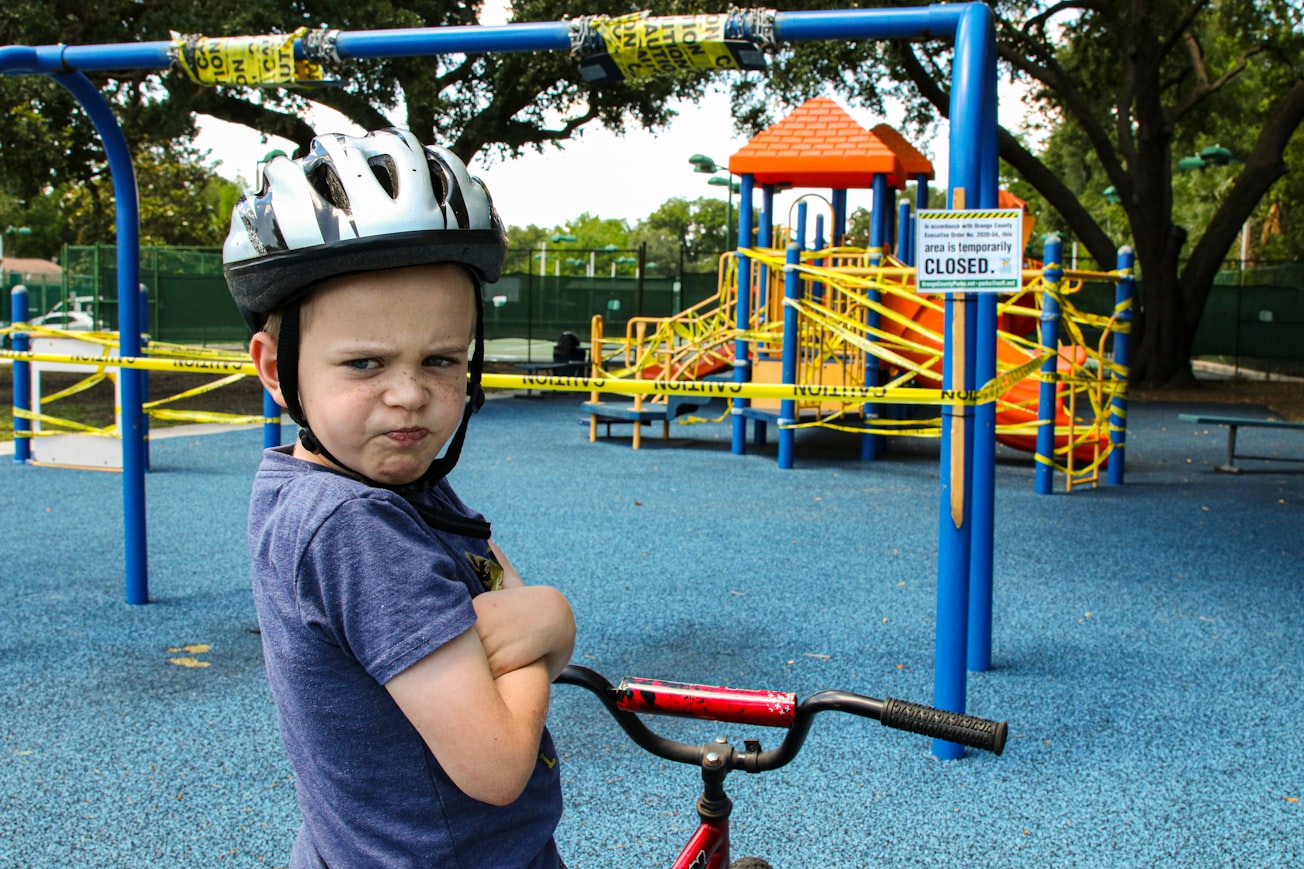What is it about?
When children are coping with difficult circumstances, professionals recommend that adults give them understandable explanations of the situation and discuss emotions that may be involved. The study investigated what kinds of explanations for the situation resounded in parent-child conversations of the COVID-19 pandemic and if emotions were discussed with children. It turns out that in Estonia and Germany mothers discuss mostly correct but very general information about the disease and pandemic related changes with their kindergarten children. At the same time, they practically neglected to discuss children’s emotions.
Featured Image

Photo by Mick Haupt on Unsplash
Why is it important?
Children have a tendency for magical thinking and may misunderstand or wrongly attribute the causes for the disease and pandemic-related changes. This could hinder taking necessary precautions and provoke negative emotions, such as guilt or fear. Fortunately, it seems that parents who participated had a good hold on explaining the situation to their kindergarten children. At the same time, young children also need help processing and understanding their emotions. It seems that parents could use a reminder to discuss possible emotions with their children. These results could inform future interventions guided to help parents support children’s coping.
Read the Original
This page is a summary of: Making sense of the pandemic: Parent-child conversations in two cultural contexts, PLoS ONE, January 2023, PLOS,
DOI: 10.1371/journal.pone.0280781.
You can read the full text:
Contributors
The following have contributed to this page










